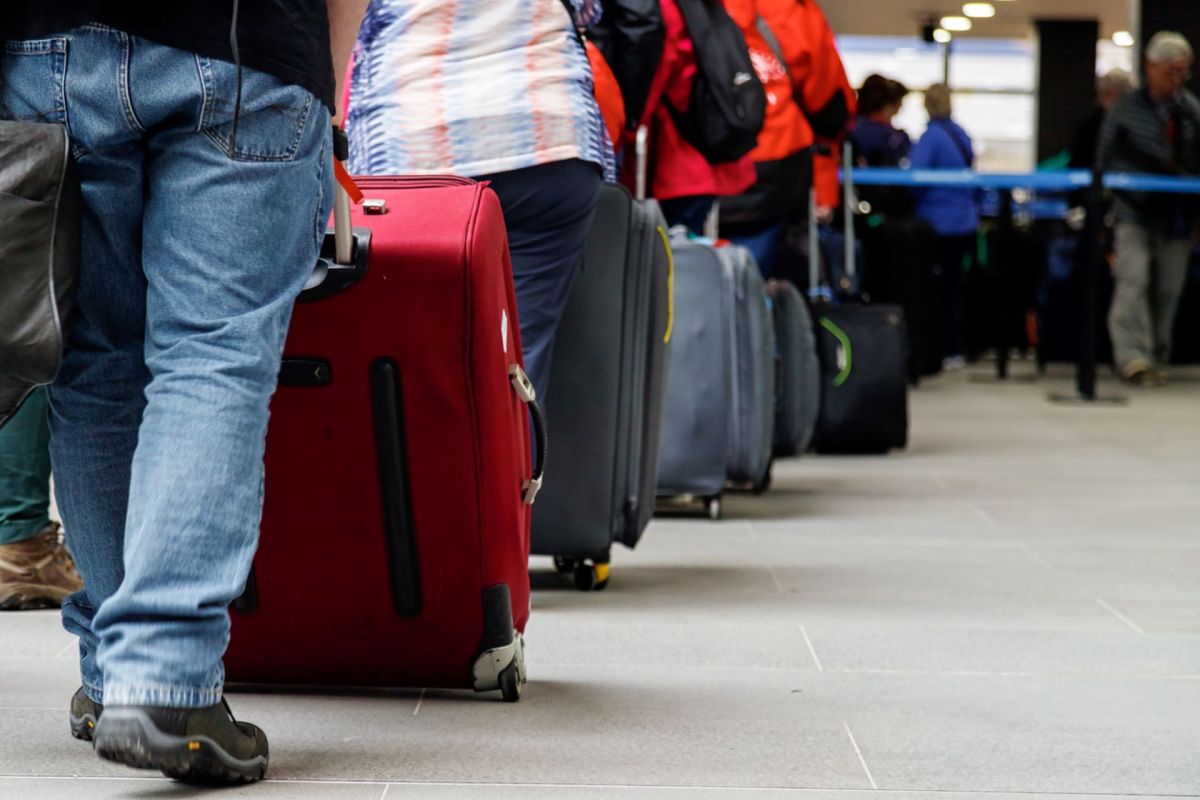When it comes to planes, trains, and automobiles, it seems — at least concerning the environment — there is a best choice, and France plans to make it cheaper for passengers to make the better choice.
Euronews Green reported that to make train travel more appealing, France will increase taxes on flights in order to invest in its railways.
The controversial move, announced by Transport Minister Clément Beaune, aims to make train travel more appealing by closing the price gap between train and plane tickets.
This price disparity isn't only an issue in France, either. It's pervasive across the continent. A Greenpeace report comparing the costs of flight and train tickets on 112 European routes showed that, on average, taking the train will cost you four times more than a flight.
Part of the reason plane tickets cost so much less than train tickets is because airlines don't pay Value Added Tax. This is a general consumption tax that the European Union assesses on the value added to goods and services. Airlines are also currently exempt from paying a kerosene tax.
According to Euronews Green, a rail company pays an energy tax and passenger VAT for the same journey by train, meaning higher costs for the company that is reflected in ticket prices.
The clean transport campaign group Transport and Environment calculated that if all of the aviation industry's tax exemptions were removed across Europe in 2022, it would have raised 34.2 billion euros or nearly 40 billion dollars.
In response to France's plan, Airlines for Europe, the EU's biggest airline association, told Euronews Green: "France already imposes some of the EU's steepest flight taxes. Hiking them further will not guarantee more funding for the decarbonization of aviation or further rail investments."
The group expressed concern that higher ticket prices will lead to less travel to areas that rely heavily on tourism. But opponents claim that the extreme weather that come with climate crises is a much bigger threat to tourism, Euronews Green reported.
This brings us to the other major benefit of France's move: its positive impact on the environment. Aviation accounts for 2.5% of all carbon pollution, and domestic flights produce around six times more toxic, heat-trapping gases per person than driving (with four passengers) and around 42 times more than taking a Eurostar train.
Jean-Pierre Farandou, CEO of SNCF, France's state-owned railway company, said it well back in 2021: "It's not the train that's expensive. It's the plane that's not expensive enough." Farandou added: "I don't understand why airlines are exempt from any tax on kerosene. I pay taxes on my energy, on my diesel."
Jo Dardenne, the aviation director at Transport and Environment, agreed, saying: "In a climate crisis, giving tax exemptions to a super polluting sector is incompatible with the challenges of today."
Join our free newsletter for cool news and actionable info that makes it easy to help yourself while helping the planet.









